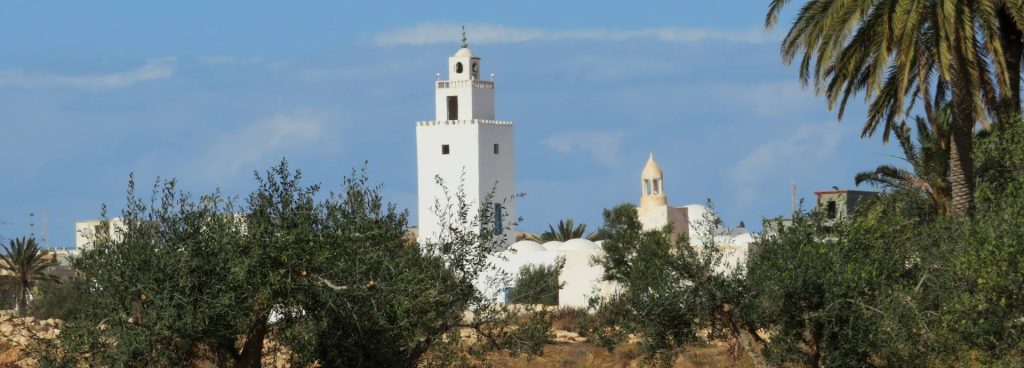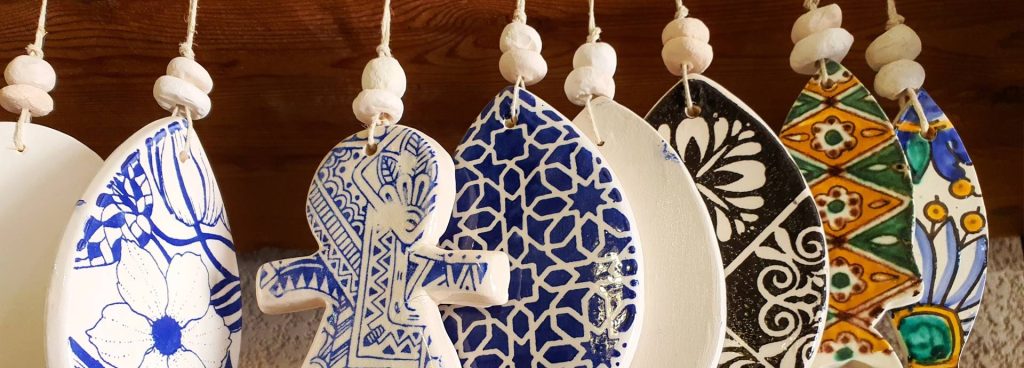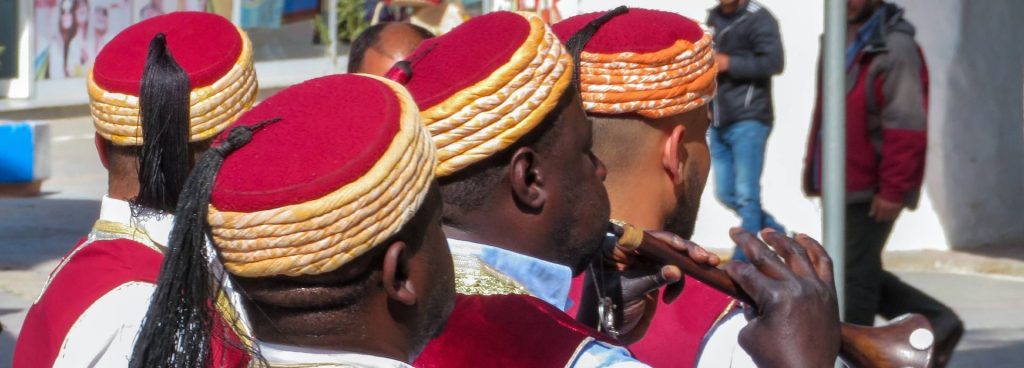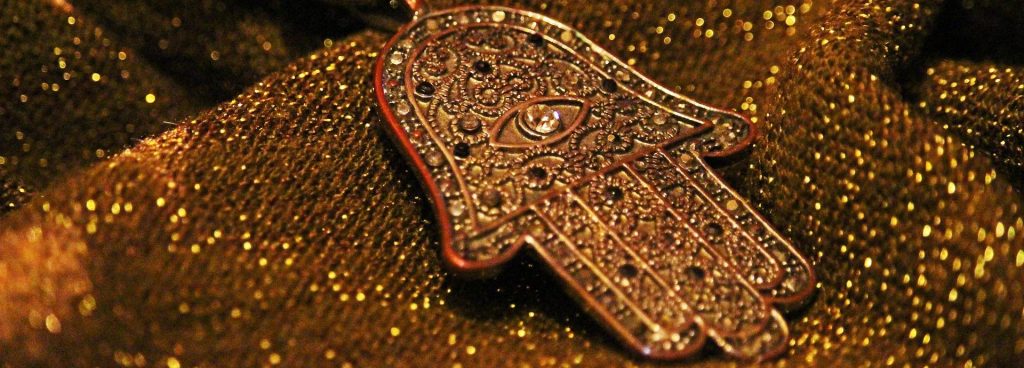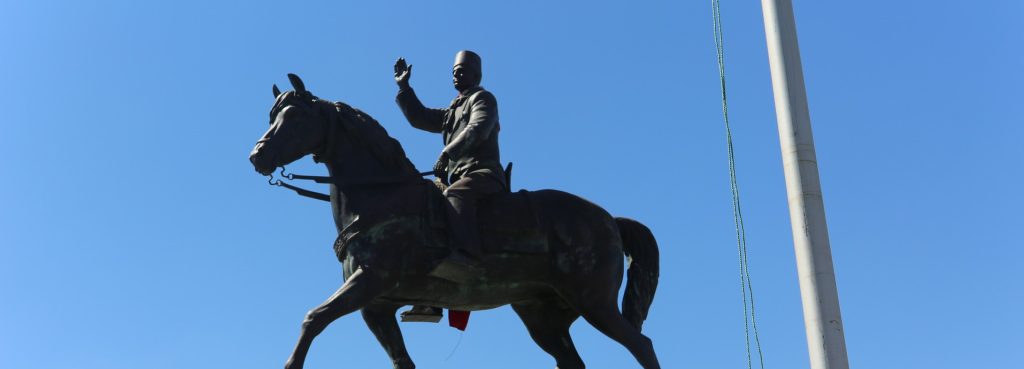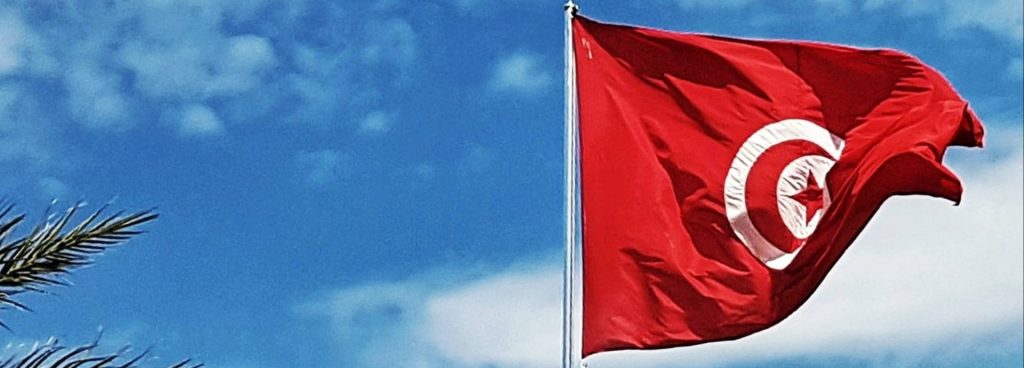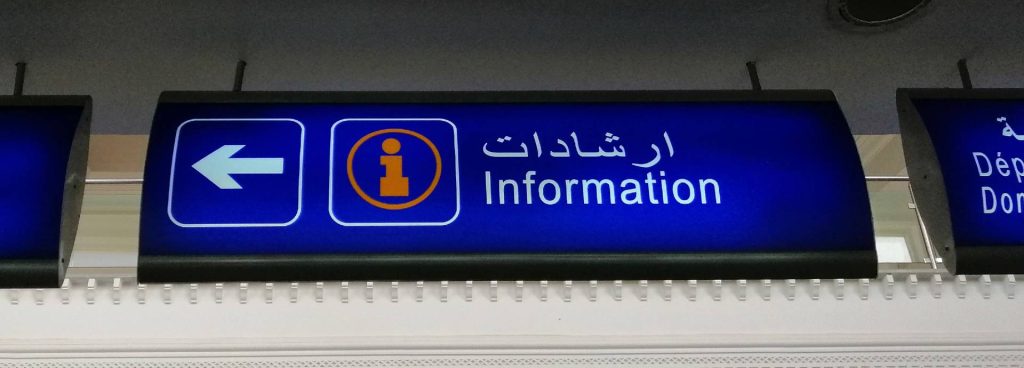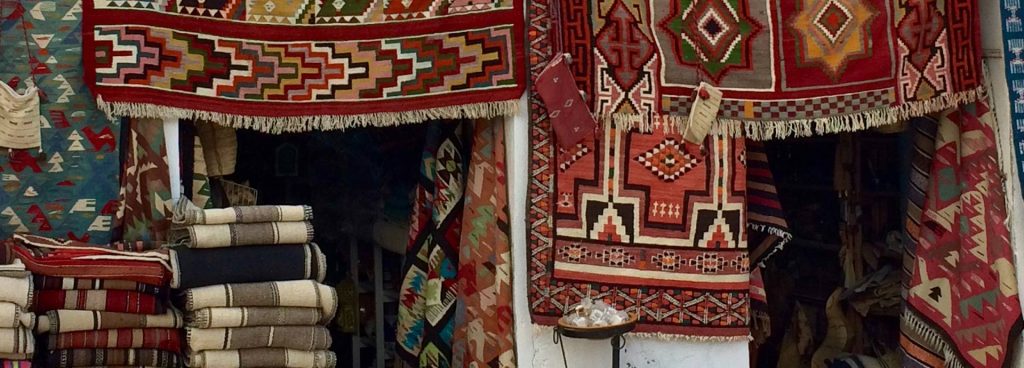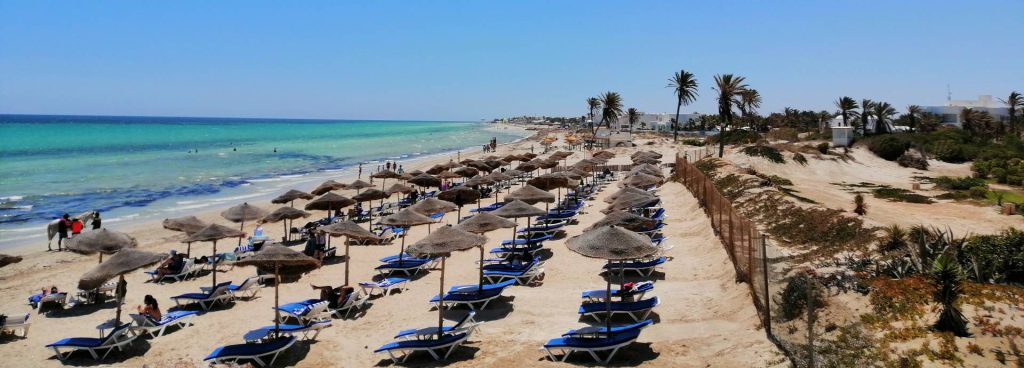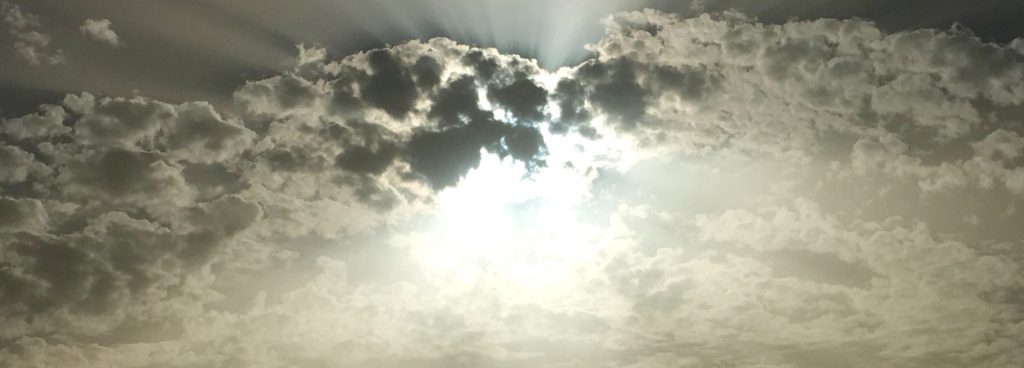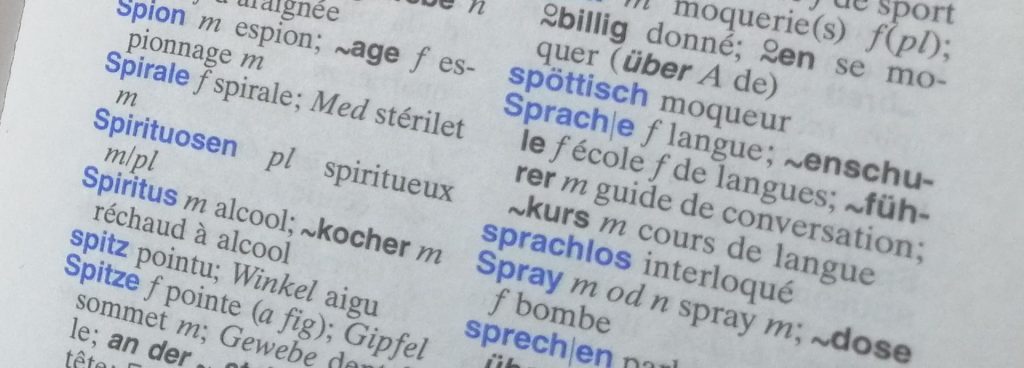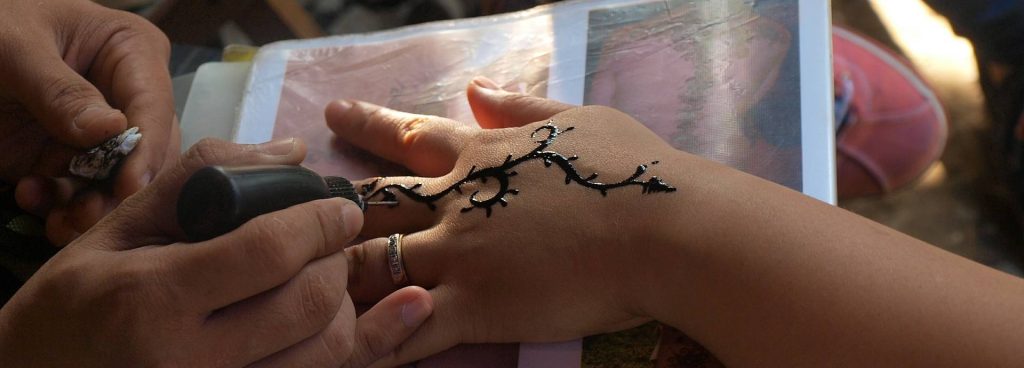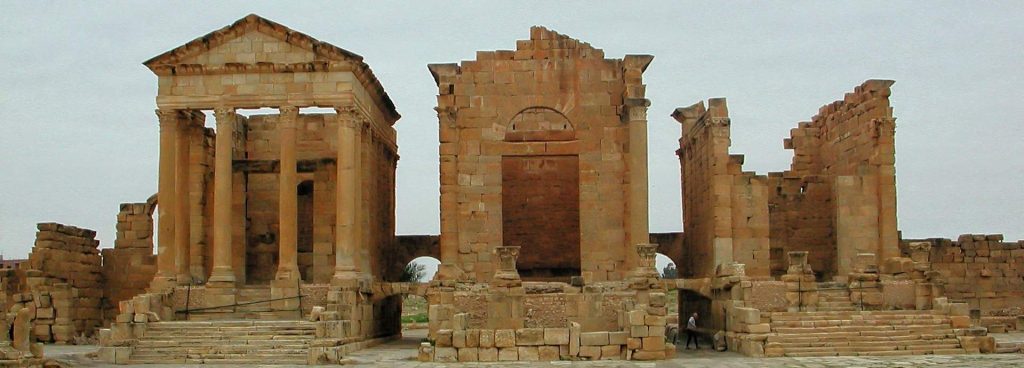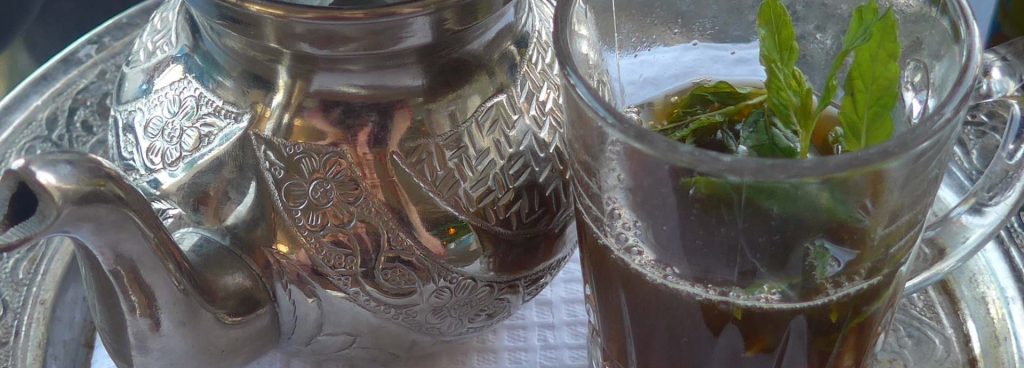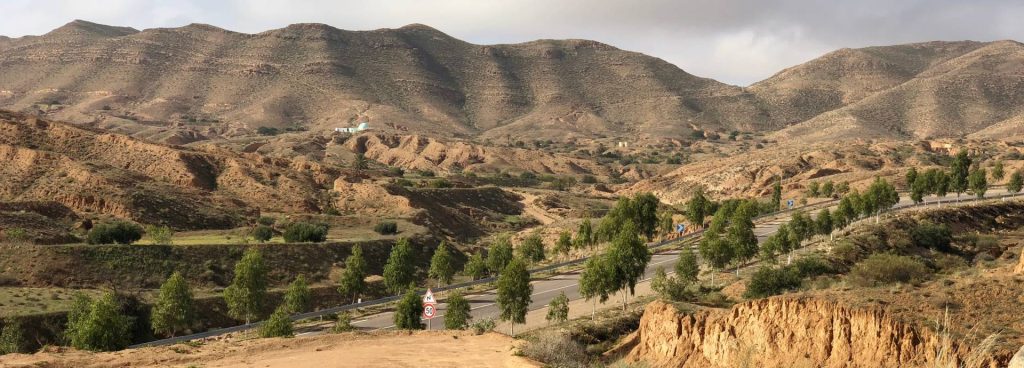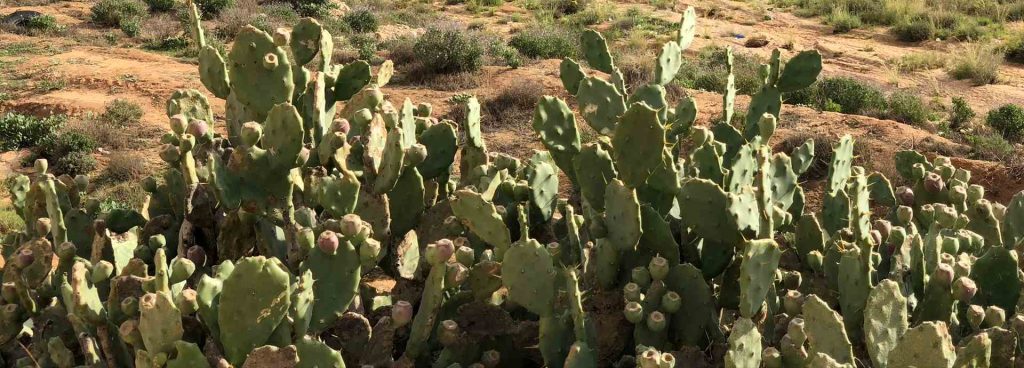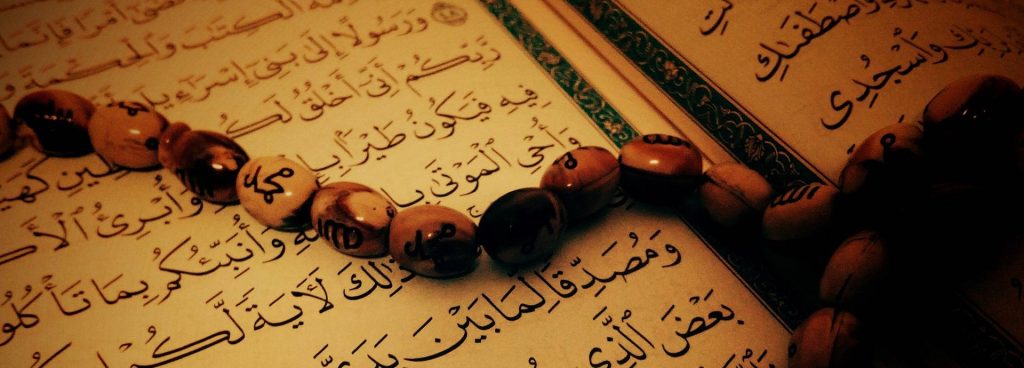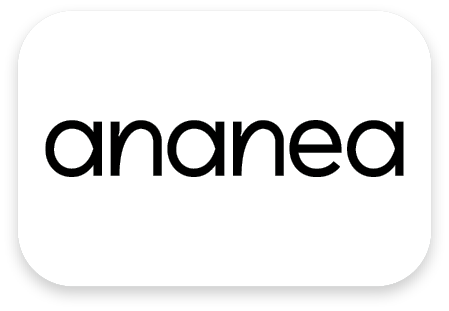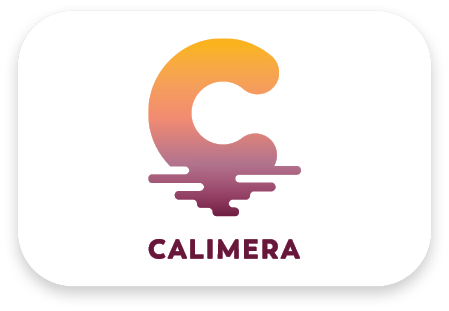Frequently asked questions and answers at a glance
... why do many houses around here have domed roofs?
Domed roofs are natural air conditioners. The sun can never illuminate all areas at the same time. The warm air inside rises so that the cold air stays in the lower area of the room.
... why do local women sometimes have dark red palms or soles?
They are colored red with the dust of the henna plant. This is an ideal of beauty, like painting the nails of European or modern Tunisian women. At weddings you can also admire the beautifully painted hands of the bride, as henna is said to bring luck.
... what is a marabout?
This is an Islamic saint for whom a real or imaginary tomb has been erected. Often these small square houses with domed roofs are on the beach or lonely in the hinterland.
... what the big buildings in the middle of nowhere mean?
These are schools for nomad children and native residents. The nomads only stay in one place for a limited time. When the animals have grazed the grass, they move to another feeding place. Schools were built all over the wasteland. Schooling is compulsory for boys and girls alike.
... what does the “hand” mean, for example with pieces of jewelery or paintings?
It stands for the hand of Fatima, the daughter of the prophet Mohamed. This lucky charm is supposed to protect people and keep them away from all evil.
... why alcohol is so expensive in Tunisia?
Except for Tunisian wine, Tunisian beer, boukha and thibarine, all alcoholic beverages must be imported. They are subject to high customs duties and taxes and are therefore very expensive for the end user. These drinks may only be sold outside of the hotels in licensed shops.

